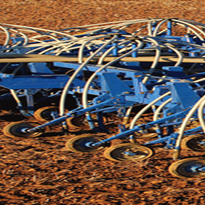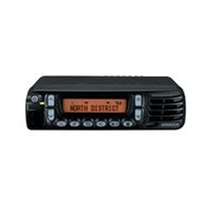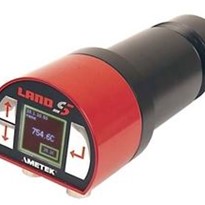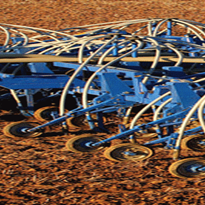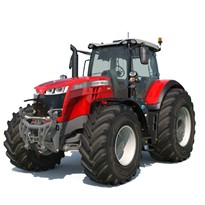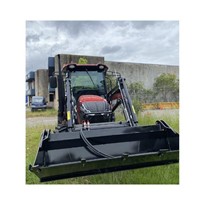It is stated that on Australian land we produce enough agricultural produce to support 75 million people and according to the Australian Food and Grocery Council, we export around 70% of the food we produce. Looking at the statistics most would say Australian agriculture is a success story. However, as time has progressed Australian land is presenting extreme challenges for local farmers to grow their seasonal crops. Compared to the global land structure, Australian land is dryer in nature requiring extra care and attention for the crops grown on the land. This attention and care is becoming very hard to give with challenges piling on Australian farmers, such as changing climate which makes water supply uncertain, as well as making natural disasters such as floods and droughts more common. Likewise, there are also global issues, such as labour shortages, and an increase in the cost of supplies due to COVID. For example, fertiliser costs have accelerated up $867 a tonne from $380 in just a month, between December 2021 and January 2022.
Therefore, we need to innovate with technology and optimise the ways we farm on Aussie land. So, we can address environmental and global challenges and continue the success of the Australian farming industry. However, the only question remains what does innovative farming look like? Backplane Systems Technology has been helping agricultural businesses equip for the future for a long time. Currently, we are looking at a wide range of technology products that can facilitate the growth of Australian farming, such solutions include:
- AI and Edge computing- that can recognise the growth cycle of crops and help in harvesting
- In-vehicle PCs- that can help run autonomous vehicles which apply pesticides and water to crops whilst measuring exactly how much is needed to save costs and optimise results
- Sensors and modules- that can break down the conditions of the soil (moisture, temperature, salinity, etc.) so results can be analysed before planting in order to maximise plant growth and health
For example, ICP Electronics offers sensors and modules that can measure and log data in regards to temperature, water, soil structure and salinity to optimise planting and yielding. For example, ICP Electronics Australia supports ICP DAS’s DL-100S-E series of Data Logger devices that can be used to record temperature, humidity and dew point information, including the date and time stamps for each record, with up to 600,000 downloadable records to be stored. Real-time data can be accessed from the DL-100S-E / DL-101S-E Data Logger from anywhere and at any time using the free Windows software. Such technology is ideal for green house farming.


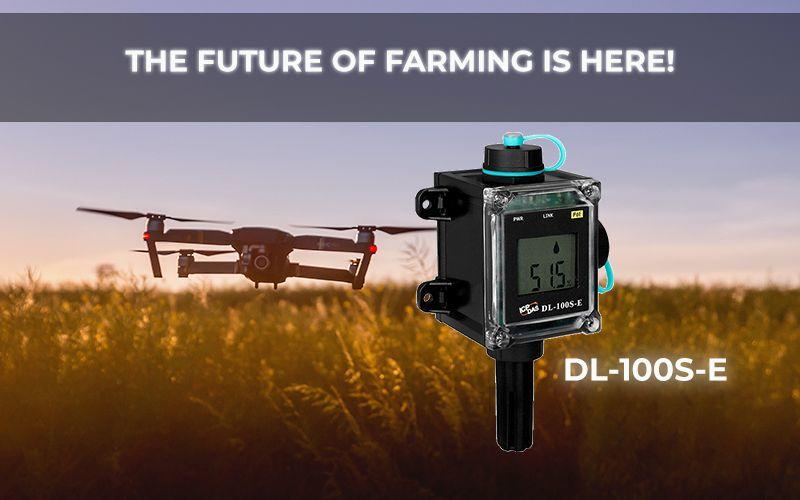


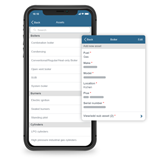

-160x160-state_article-rel-cat.png)
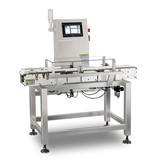
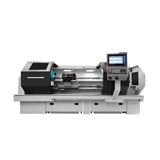
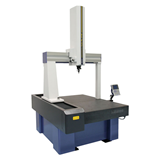
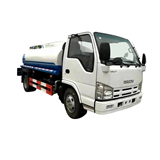

-160x160-state_article-rel-cat.png)

-160x160-state_article-rel-cat.png)
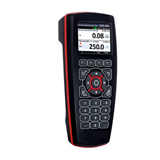
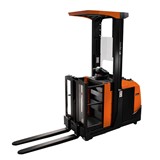
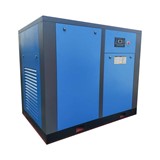


-160x160-state_article-rel-cat.png)



